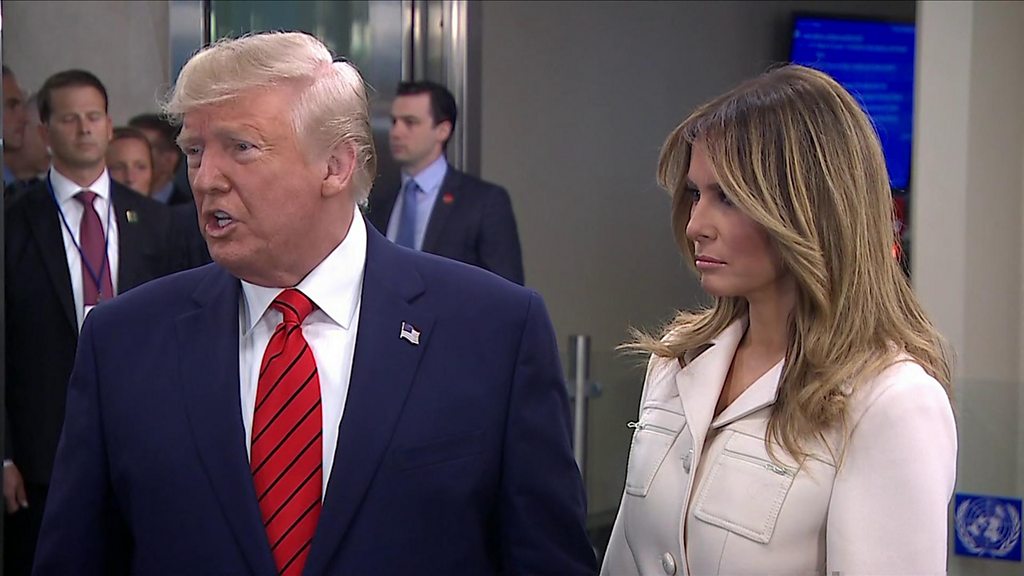Banned Chemicals On EBay: A Judge's Interpretation Of Section 230

Table of Contents
Understanding Section 230's Protection for Online Platforms
Section 230 of the Communications Decency Act of 1996 is a cornerstone of internet law in the United States. It grants significant legal protection to online platforms like eBay, shielding them from liability for user-generated content. This often-cited "good Samaritan" clause encourages platforms to moderate content while limiting their exposure to lawsuits. However, this protection isn't absolute. Section 230 doesn't protect platforms from liability for their own actions or content they create. Critically, it also requires a level of "knowledge" – if a platform has actual knowledge of illegal activity on its site and fails to act, it can lose its protection.
- Examples of activities protected by Section 230: Hosting user reviews, allowing user-generated comments on blogs, facilitating online forums.
- Examples of activities NOT protected by Section 230: Creating and posting illegal content themselves, actively facilitating illegal transactions, ignoring repeated reports of illegal activity.
- The evolving legal landscape surrounding Section 230: Section 230 is under continuous scrutiny, with ongoing debates about its scope and potential revisions. The interpretation of "knowledge" and "active participation" is frequently litigated.
Case Studies: Judicial Interpretations of Section 230 and Banned Chemicals
Several court cases have explored the intersection of Section 230 and the sale of prohibited items, including banned chemicals, on online marketplaces. While specific cases involving eBay and banned chemicals are less publicly available due to the confidential nature of such litigation, examining cases involving similar platforms and illegal goods provides valuable insight. These cases reveal diverse judicial interpretations of Section 230, focusing on the "knowledge" requirement and the level of "active participation" by the platform. Some judges emphasize a stricter interpretation, requiring platforms to demonstrate proactive measures to prevent illegal activity. Others adopt a more lenient approach, focusing on whether the platform had "actual knowledge" of specific illegal listings.
- Summary of key case findings and their implications for eBay and similar platforms: Cases highlight the importance of robust reporting mechanisms, proactive content moderation, and clear terms of service.
- Analysis of the judges' reasoning in each case: Judicial reasoning often centers on the platform's knowledge of specific illegal listings and the steps taken to remove them.
- Identification of any recurring themes or trends in judicial decisions: A consistent theme is the importance of balancing free speech principles with the need to prevent illegal activity online.
eBay's Responsibilities and Proactive Measures
eBay maintains specific policies prohibiting the sale of restricted and banned chemicals, outlining clear categories of forbidden items. They utilize a combination of strategies to detect and remove listings of banned chemicals, including: keyword filtering, automated systems that scan listings against their database of prohibited items, and manual review by human moderators. However, policing such a vast marketplace presents significant challenges. The sheer volume of listings, the constant evolution of prohibited substances, and the potential for sophisticated attempts to circumvent detection all create difficulties.
- Examples of eBay's proactive measures: Keyword filters, image recognition software, user reporting mechanisms, and collaboration with law enforcement agencies.
- Challenges faced by eBay in policing its platform: The scale of the platform, the ingenuity of sellers attempting to evade detection, and the evolving nature of prohibited substances.
- Suggestions for improving eBay's enforcement efforts: Investing in advanced AI-powered detection systems, strengthening user reporting tools, and fostering closer collaboration with regulatory bodies.
The Future of Section 230 and the Sale of Banned Chemicals Online
The future of Section 230 is uncertain, with ongoing debates about its effectiveness and potential reforms. Proposed legislative changes could significantly impact online platforms' ability to prevent the sale of banned chemicals. These changes might increase platforms' liability for user-generated content, forcing them to invest heavily in more robust monitoring and moderation systems. This has implications for both online marketplaces and consumers, potentially increasing costs and potentially limiting the availability of certain online services.
- Potential future legal challenges related to Section 230: Increased litigation focusing on the interpretation of "knowledge" and "active participation," and potential legislative changes affecting platform liability.
- The role of technology in combating the sale of banned chemicals online: Advanced AI and machine learning technologies could play a crucial role in identifying and removing listings of prohibited items.
- The need for collaboration between online platforms, law enforcement, and policymakers: Effective regulation requires a coordinated effort to establish clear guidelines, develop innovative detection methods, and ensure consistent enforcement.
Conclusion: Navigating the Complexities of Banned Chemicals on eBay and Section 230
The sale of banned chemicals on eBay, and other online marketplaces, highlights the complex interplay between Section 230, platform responsibility, and public safety. Understanding the legal landscape surrounding Section 230 is crucial for both online platforms and users. eBay's efforts to combat the sale of prohibited items are ongoing, but challenges remain. Staying informed about updates to Section 230 and eBay's policies, as well as practicing responsible online purchasing habits, is essential for protecting consumer safety. Learn more about navigating the sale of banned chemicals on eBay and other online platforms to understand your rights and responsibilities.

Featured Posts
-
 Vance Demands Biden Comment On Trumps Russia Ukraine Handling
May 15, 2025
Vance Demands Biden Comment On Trumps Russia Ukraine Handling
May 15, 2025 -
 Is Steams New Free Game Any Good A Critical Analysis
May 15, 2025
Is Steams New Free Game Any Good A Critical Analysis
May 15, 2025 -
 Celtics Vs 76ers Prediction A Close Contest Or Easy Win For Boston
May 15, 2025
Celtics Vs 76ers Prediction A Close Contest Or Easy Win For Boston
May 15, 2025 -
 Bmw Porsche And The Shifting Sands Of The Chinese Automotive Landscape
May 15, 2025
Bmw Porsche And The Shifting Sands Of The Chinese Automotive Landscape
May 15, 2025 -
 How Aircraft Became A Tool For Political Gain Under Trump
May 15, 2025
How Aircraft Became A Tool For Political Gain Under Trump
May 15, 2025
